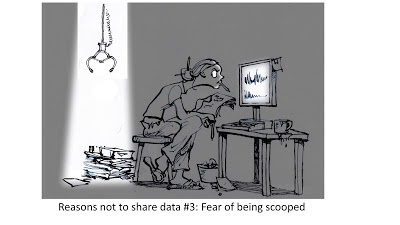What is real scholarship?
Sometimes I bemoan the decline of scholarship in science, and in academia more broadly. About six years ago I posted about Ph.D's without scholarship , which generated a lot of comments. This decline is reflected in a range of phenomena: hype, making hiring and promotion decisions based on metrics rather than actual scientific achievements, people writing more papers than they read, "review" articles merely listing references rather than providing critical analysis,... But, this is all negative, it is what scholarship is not, ... what does real scholarship look like? I think classic books give a feel for what scholarship is all about. For example, Eisenberg and Kauzmann on Water, Ashcroft and Mermin, Hewson's Kondo Problem, Coulson's Valence, and Mott's monographs. Consider the Oxford Classic Texts in the Physical Sciences . Similarly, I am challenged by some of the monographs that some humanities colleagues produce. (For example, Stephen Gaukroger &#







